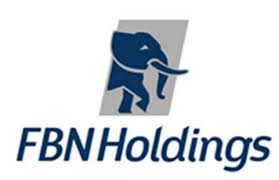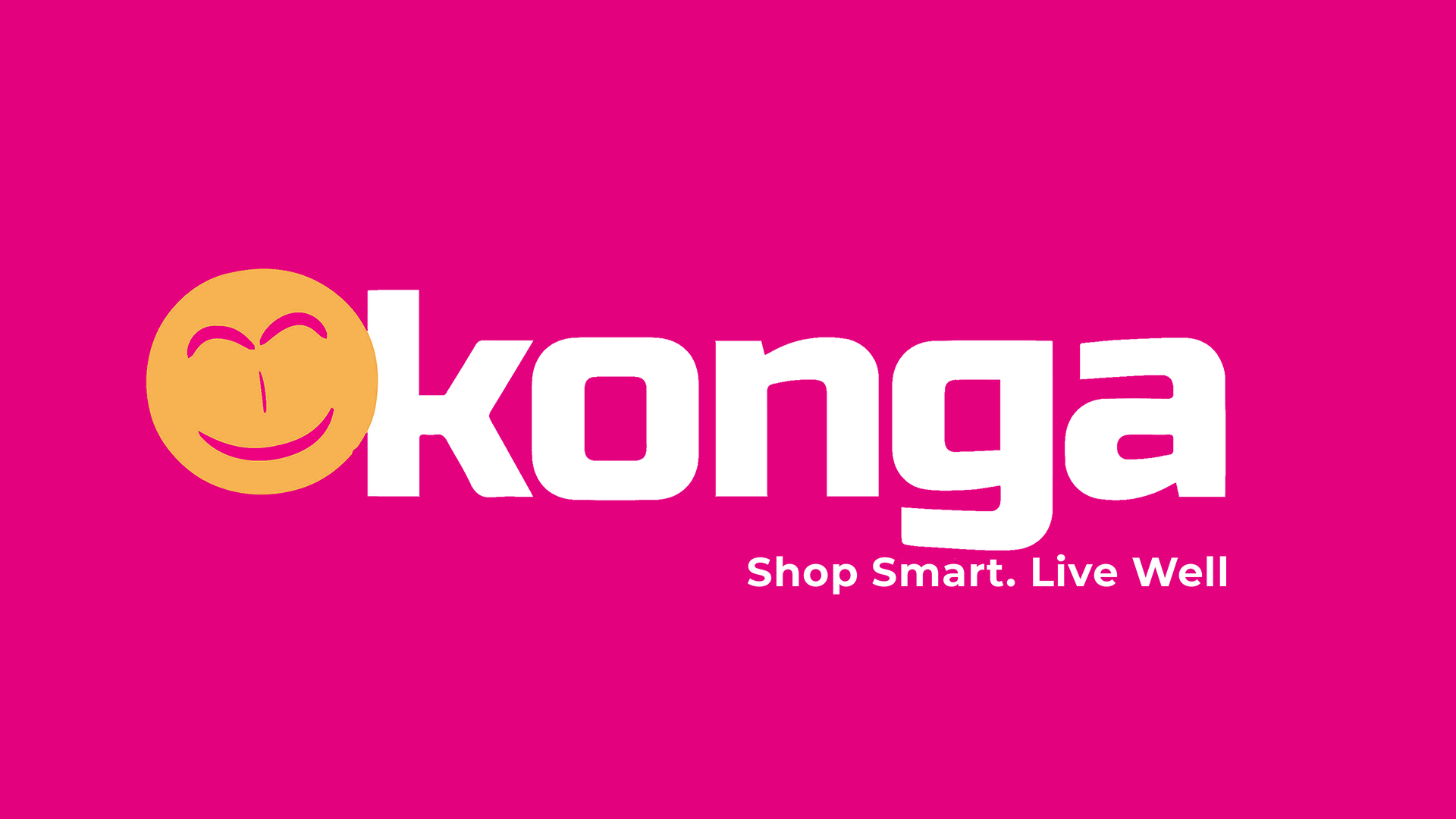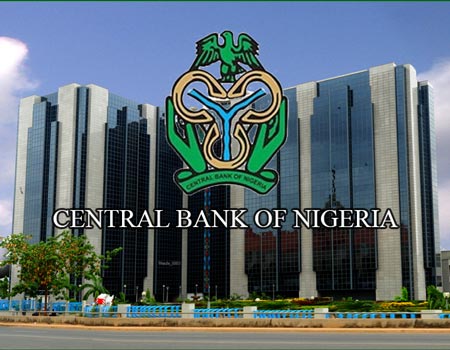FBNH recently released unaudited 9M-19 numbers, which was decent and generally in line with expectations. Gross earnings declined moderately by 0.4% y/y, while profitability increased by 15.3% y/y given the decline in credit impairment charges.
Nonetheless, the Holdco’s result showed some fragility as capital adequacy levels fell further below the statutory limit for domestic systemically important banks.
Interest income declined by 3.0% y/y to NGN327.47 billion and was pressured by the decline in income from loans and advances to customers (-8.9% y/y to NGN184.69 billion).
However, income from investment securities increased by 12.1% y/y to NGN132.59 billion. Also, interest expense was flat in relation to the corresponding period of the prior year, settling at NGN112.03 billion.
While there were increases in expenses on deposits from financial institutions (+77.2% y/y to NGN26.36 billion) and deposits from customers (+0.9% y/y to NGN83.75 billion), these were offset by the decline in the expense on borrowings (-67.3% y/y to NGN5.92 billion). Consequently, net interest income settled lower by 4.6% y/y at NGN211.44 billion.
Non-interest income increased by 6.0% y/y to NGN98.77 billion and was supported by increases in fees and commission income (+21.6% y/y to NGN63.20 billion) and net gains on investment securities (+394.1% y/y to NGN12.07 billion). Consequent to the growth in non-funded income and decline in loan loss expenses (-62.6% y/y to NGN28.46 billion), operating income settled 18.1% higher year-on-year.
Also, operating expenses grew by 18.4% y/y to NGN221.74 billion, pressured by regulatory costs – AMCON levy (+13.4% y/y to NGN29.23 billion); insurance premium, rent and rates (+8.4% to NGN4.99 billion) –, as well as other ancillary costs – operational and other losses (+561.0% y/y to NGN13.21 billion).
This led to a moderate deterioration of the Holdco’s cost-to-income ratio to 78.7% relative to 78.5%, which is far removed from the industry-best level of 38.6%. Nonetheless, profit-before-tax growth was significant, settling at 17.0% higher y/y at NGN60.01 billion, while profit-after-tax also expanded significantly by 15.3% to NGN51.75 billion, following a 28.2% y/y expansion in income tax expense.
However, in the views of experts at Codros Capital group, the bank’s macro-prudential ratios are substandard, with only its liquidity ratio settled above the regulatory limit (36.8% relative to 30.0% statutory limit).
On the other hand, the bank’s non-performing loans ratio is above the statutory limit (12.6% relative to 5.0%), while the bank’s capital adequacy ratio is a notch below the statutory limit for DSIBs (15.1% relative 16.0%).
Codros Capital analysts say “Further, we note that the bank’s current loans-to-funding ratio (55.1%) is below the new minimum LDR of 65.0%, despite growth in loans to customers of 8.1% YTD as at 9M-19 relative to 3.5% YTD at H1-19.
“While the Holdco’s performance is fair and the improvement in NPLs is laudable, we see no headroom for growth, given the bank’s CAR. Also, despite the fact that capitalization of FY profits would boost capital levels, impending capital requirements adjustments should see the bank coming to the market to raise debt. Consequently, we expect a naira debt raise in 2020.”









